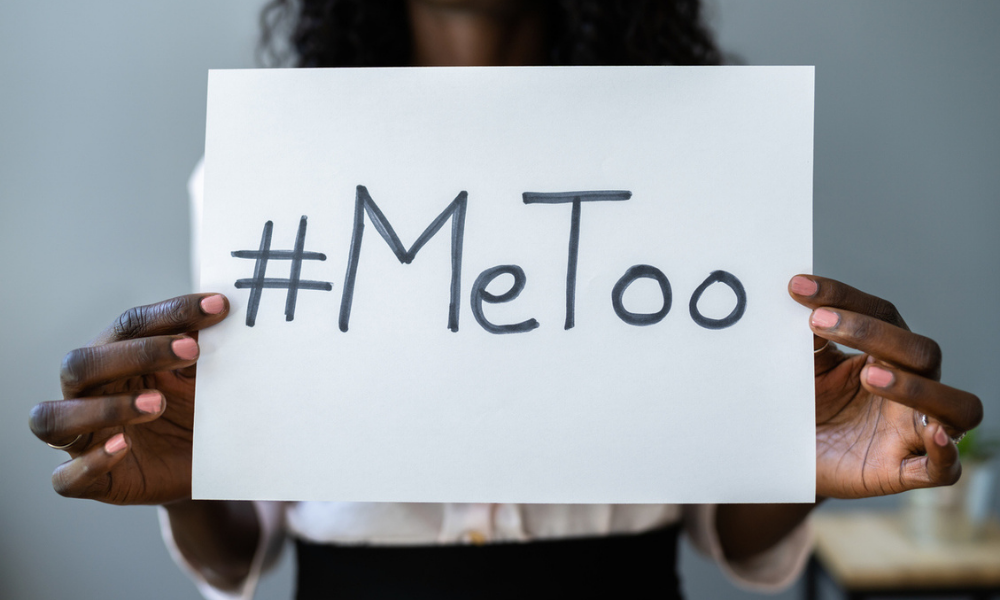
How HR leaders can become better allies for social justice

The past few years have seen social movements such as #MeToo, Times Up, and Black Lives Matter increase in popularity – a direct response to growing oppression that marginalised sectors have experienced for over decades. A new study from non-governmental organisation Blueprint revealed just how these movements have impacted our workplaces and changed employee expectations.
“We wanted to get a better understanding of the lived experiences of men, women, trans and non-binary persons in the workplace following the #MeToo movement and how expectations of leaders are changing or have already changed," said Blueprint founder John Izzo.
According to Izzo, one of the most interesting finds of their study was how 55% of men believe that they’re more likely to speak out now about gender and racial equity, as well as call out sexual harassment and sexist comments.
"One in four women say they are much more likely to speak out about sexist comments, gender, and racial equity issues and over 60% agree they are generally more likely to do so," added Izzo.
Styles of leadership also saw a shift among members of the C-suite, with male leaders becoming more inclusive (49%), more cautious (60%), more empathic (46%), and more collaborative (43%). In terms of race and ethnicity, 55% of men and 67% of women said they feel more responsibility in creating a more racially and ethnically inclusive workplace. In terms of gender, racial, and LGBTQIA+ equity, 56% of men and 61% of women said they feel more responsible for creating a more respectful and inclusive work environment.
The results offer hope of an increase in compassionate and diverse workplaces in the future, but the survey said it still proves that commitment to the LGBTQIA+ still "lags behind."
Read more: How can HR navigate the post-#MeToo scandal?
Believing one can and actually doing are two very different things. As HR leaders, it’s important to make a commitment in creating a more inclusive workplace for employees. Alasdair James Scott, a senior consultant at worldwide diversity and inclusion training consultancy PDT Global, previously provided the following six tips on how to be a good ally when it comes to LGBTQIA+ colleagues: